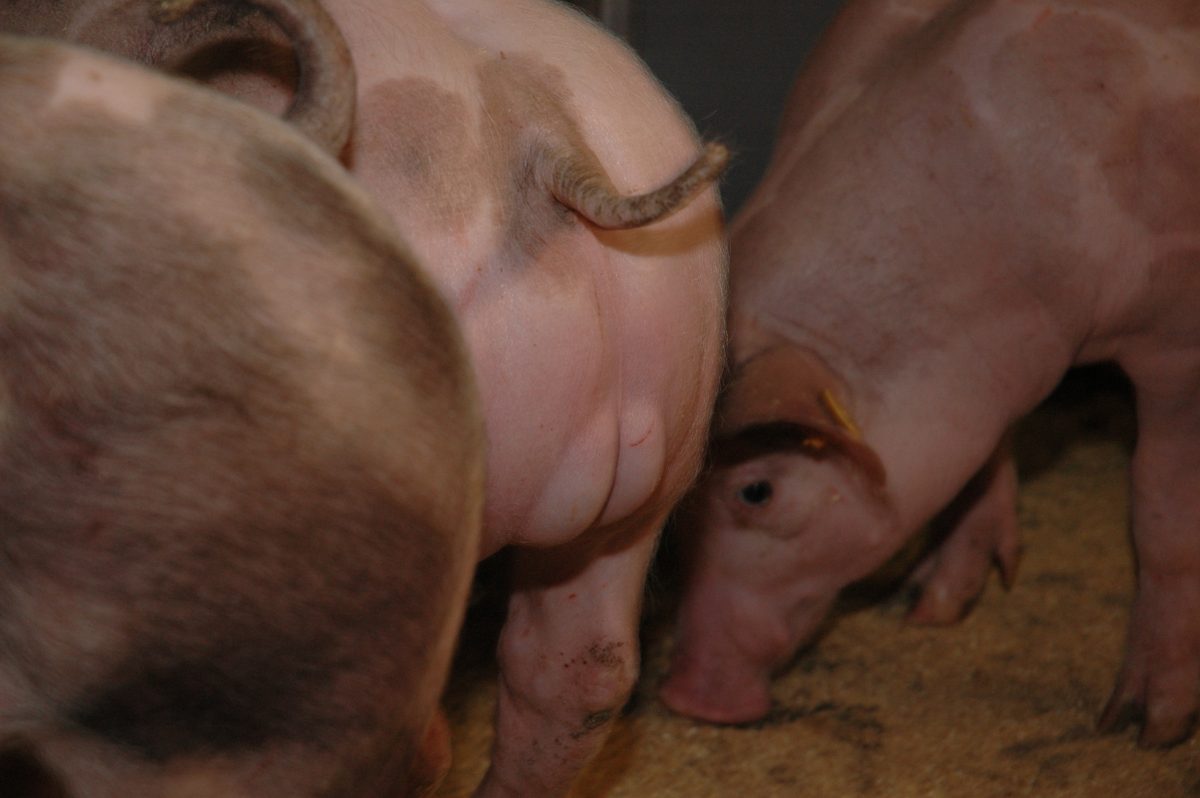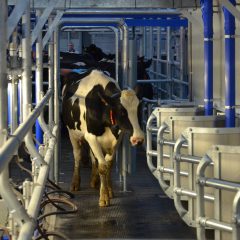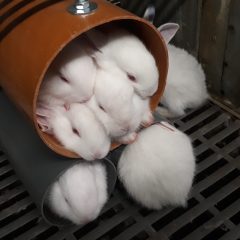Research project Sustainability in pork production with immunocastration

General introduction
To what extent is keeping immunocastrates in pig farming economically profitable and socially acceptable? This question is being answered in the European ERA-NET project SuSi, with ILVO as partner. Immunocastration (IC) is one of the alternatives to the technique of unanaesthetized surgical castration of newborn male piglets, a practice that is under discussion in Europe. In IC, the male pigs receive two injections of a vaccine (low-invasiveness). The young boars then no longer develop aggressive sexual behavior, and the likelihood of them producing boar taint in their fat (muscle) tissue is also greatly reduced. Previous research has already shown that immunocastrates show higher economic and ecological efficiency than barrows (surgically castrated bears) during their growth. After slaughter, their meat quality appears to score better on average in terms of taste, compared to other bears. There is some resistance to the idea of immunocastration on the European market, which means that pig farms are not yet embracing this alternative. This research aims, among other things, to increase knowledge about optimal management of immunocastrates, and about the background of social acceptance or not.
Research approach
The SuSi project has now been completed. Tests were conducted to gain insight into carcass and meat quality, animal health and animal welfare of immunocastrates at certain feed formulations, compared to barrows and intact boars. Recommendations regarding management (including housing) and feed formulation were developed based on those figures. In terms of ecological sustainability of production, evaluations were made of an intact boar, castrated boar and an immunocastrate. In each case, the effect of different management strategies was determined. The researchers also conducted a consumer study in 6 European countries on how immunocastration is perceived.
Relevance/Valorization
The results of this project confirm that immunocastrates are a clearly more sustainable ecological alternative compared to keeping surgically castrated male piglets, both in terms of nitrogen and phosphorus emissions and in terms of CO2 emissions. This better ecological performance was observed in the different European trials and was independent of the type of management system, feed provided or genetics of the pigs. When the meat of castrated, non-castrated and immunocastrated pigs was compared during a consumer study in 6 different countries and during an ILVO expert panel, although the results varied from country to country, in general intact boars were less liked than barrows and immunocastrates. The reason was the likelihood of boar taint and the lesser tenderness and juiciness of intact boars, while immunocastrates scored about the same as barrows. Thus, within the palette of alternative practices regarding male piglets, immunocastration can be considered a sustainable and palatable alternative on several levels. But due to its limited acceptance - indeed confirmed - widespread European implementation is not yet immediately on the horizon.
Financing
VLAIO








